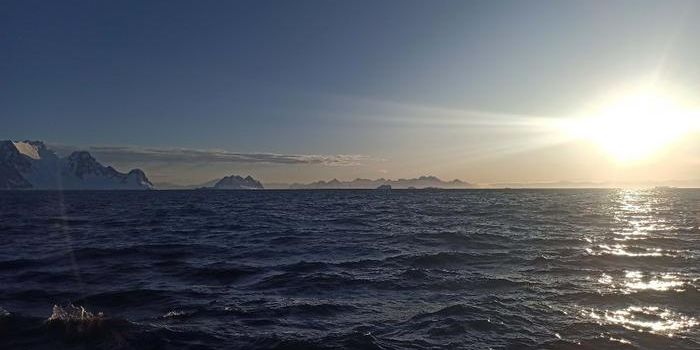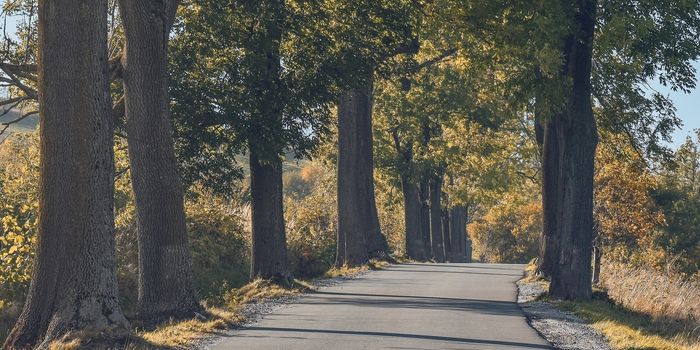Coral Crisis Solutions: Anemones Offer Key Insights for Restoration Efforts
With coral reefs under attack from ongoing climate change effects, what steps can be taken to reverse the damage? This is what a recent study published in iScience hopes to address as a team of international researchers investigated how to monitor coral reef health that is impacted through climate change, specifically with altering biomineralization, which is the driving force behind coral reef formation. This study holds the potential to help scientists better understand how climate change impacts coral reef health and potential steps to improve conservation of corals throughout the world.
“The whole ecosystem is dying. You can listen to the death all you want, but what are you going to do to fix it?” said Dr. Mark Martindale, who is the director of the University of Florida’s Whitney Laboratory for Marine Bioscience and a co-author on the study. “In order to do that, you need to understand what the problems are. And you need an experimental system to do that. Now we have that system.”
Image of a coral reef whose health is threatened by climate change, but this recent study could help that. (Credit: Federica Scucchia)
For the study, the researchers altered the genomes of the starlet sea anemone, Nematostella vectensis, to develop a new method for self-producing coral reef skeletons that can be used to see how coral reefs are impacted by climate change. In the end, the researchers were successful in laboratory experiments for enabling Nematostella vectensis to enact its own biomineralization, thus opening the doors for future research in developing climate-resilient coral reefs.
“The next step is to understand how cells regulate the microenvironment that promotes biomineralization,” said Dr. Federica Scucchia, who is a postdoctoral researcher in Dr. Martindale’s lab and co-author on the study.
What new discoveries will researchers make about how to monitor and mitigate coral reef health from climate change effects in the coming years and decades? Only time will tell, and this is why we science!
As always, keep doing science & keep looking up!
Sources: iScience, EurekAlert!









